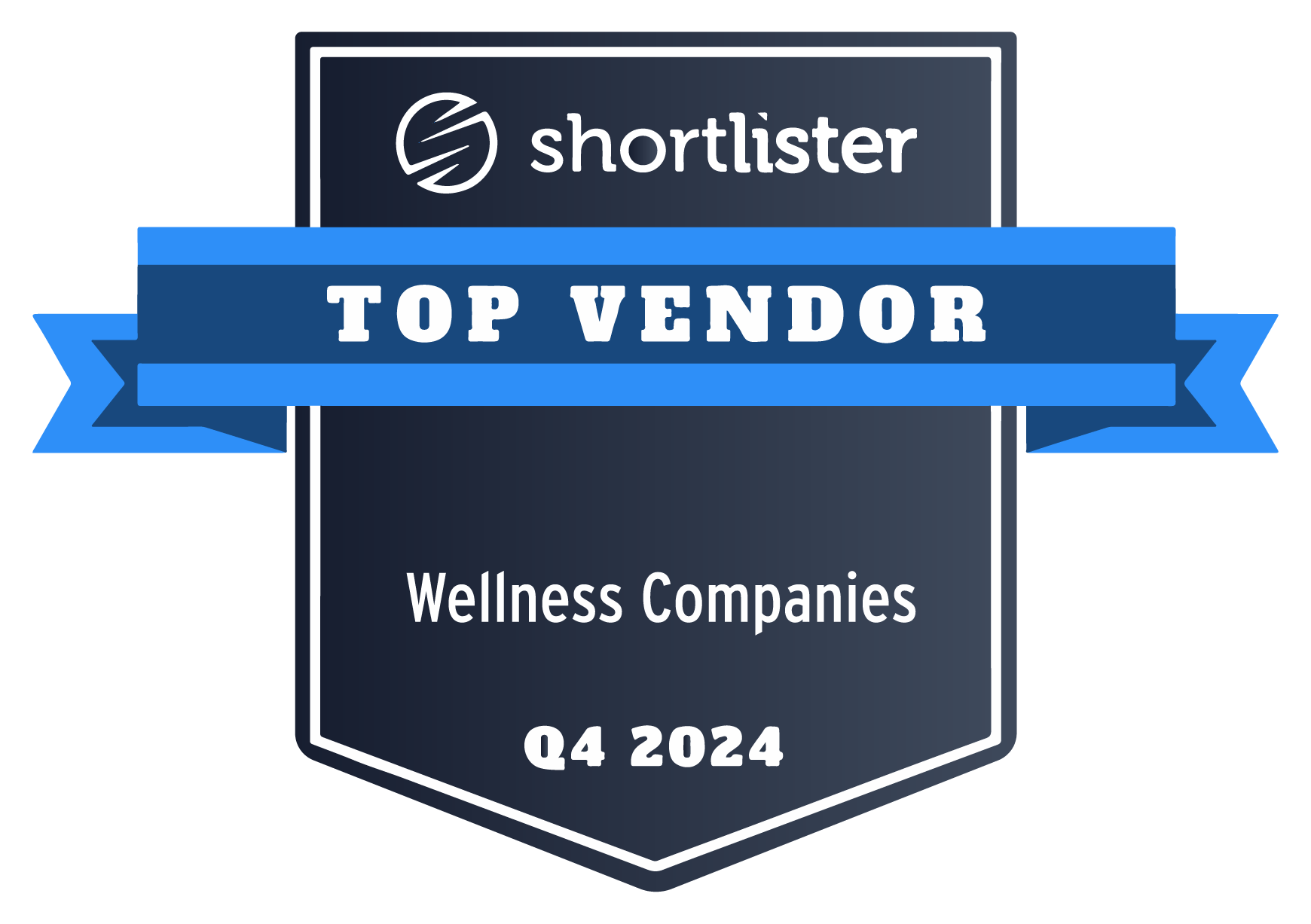Request a Demo
Explore Our Latest Insights
Helpful panels, worksheets, and research—curated for HR & Finance leaders.

Webinars
Actionable thought leadership for HR & benefits professionals

Research & Benchmarks
In-depth strategies for building a resilient workforce

Blogs
Expert insights into financial wellness trends
Awards & Honors











